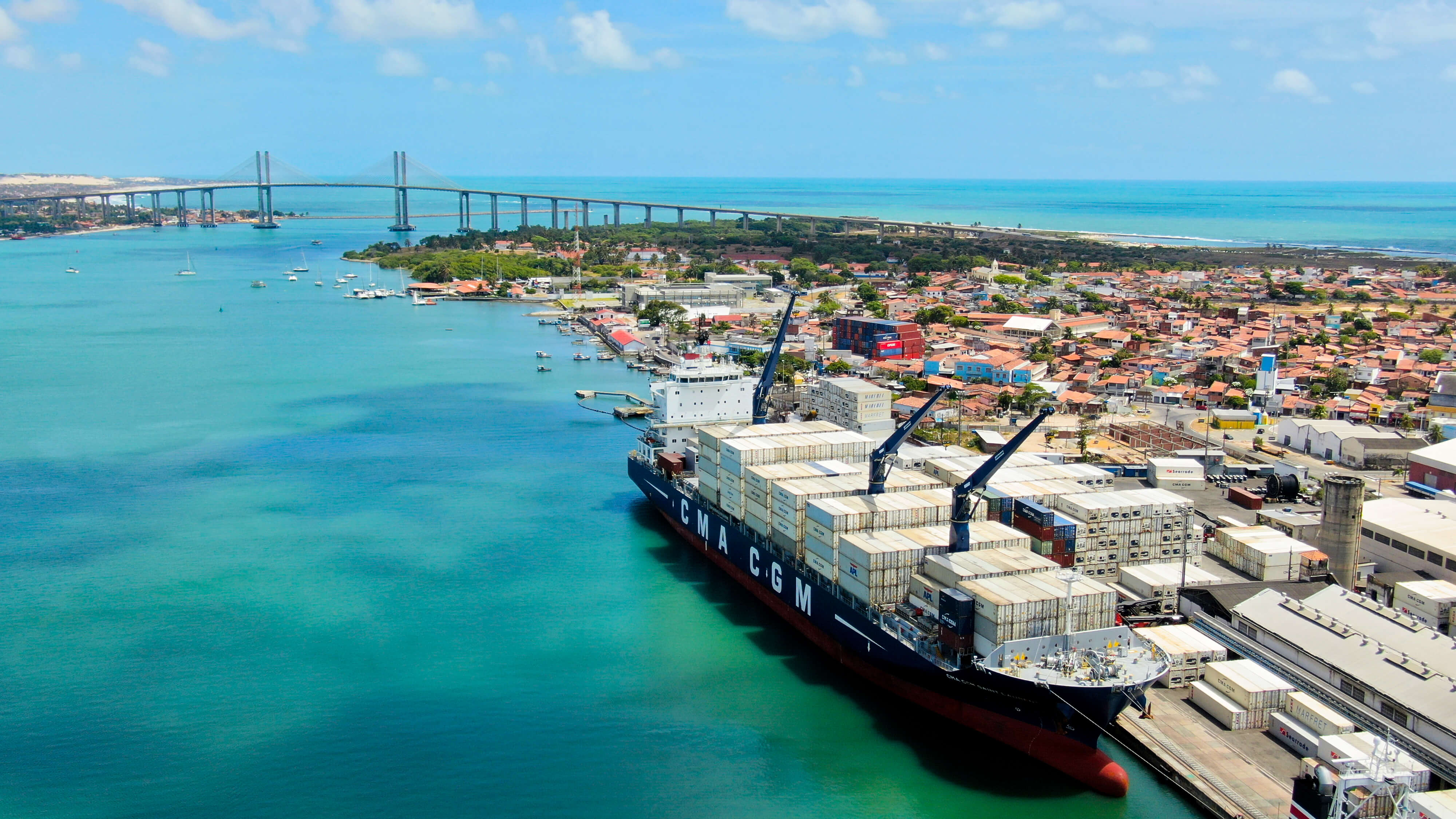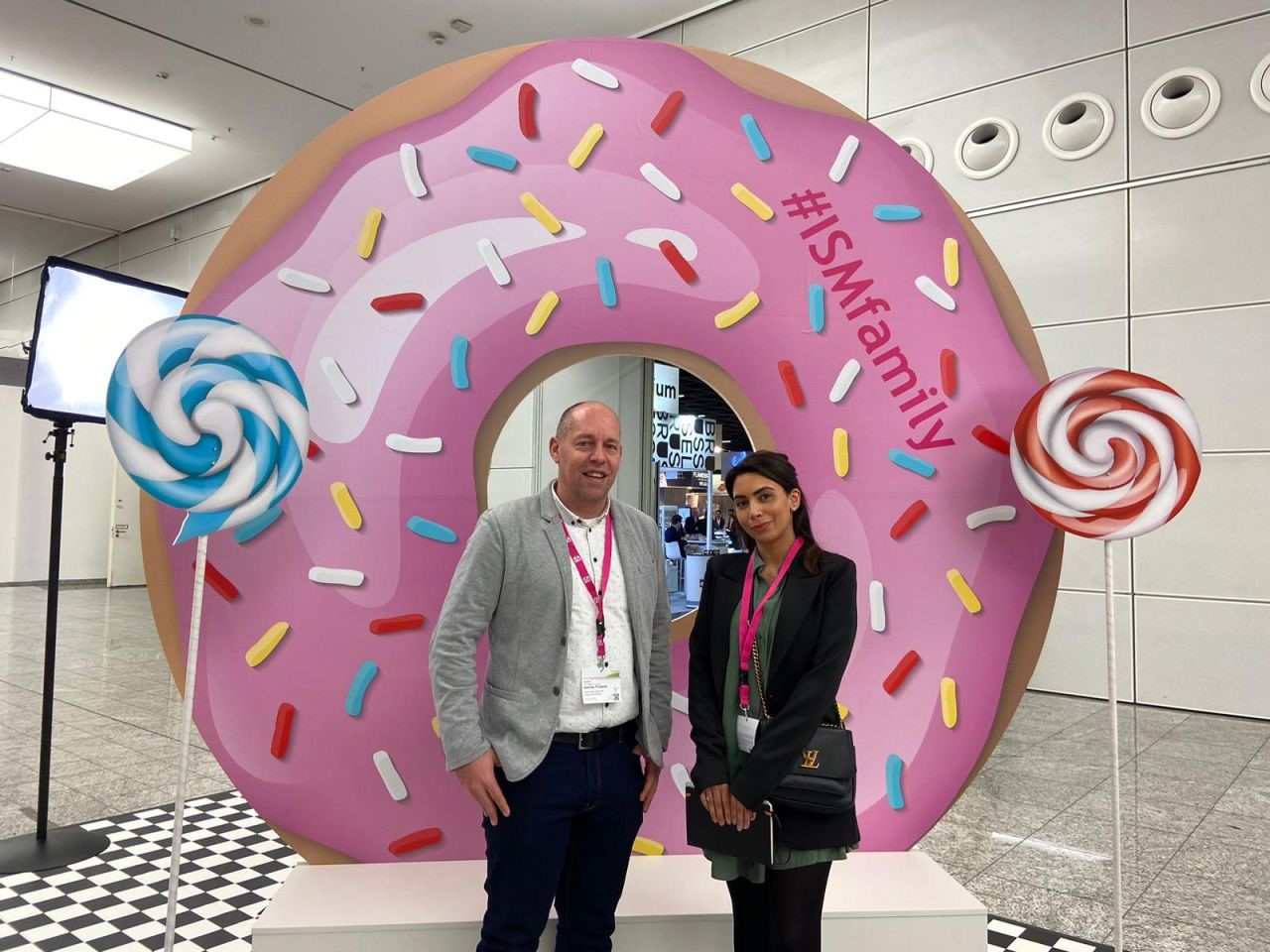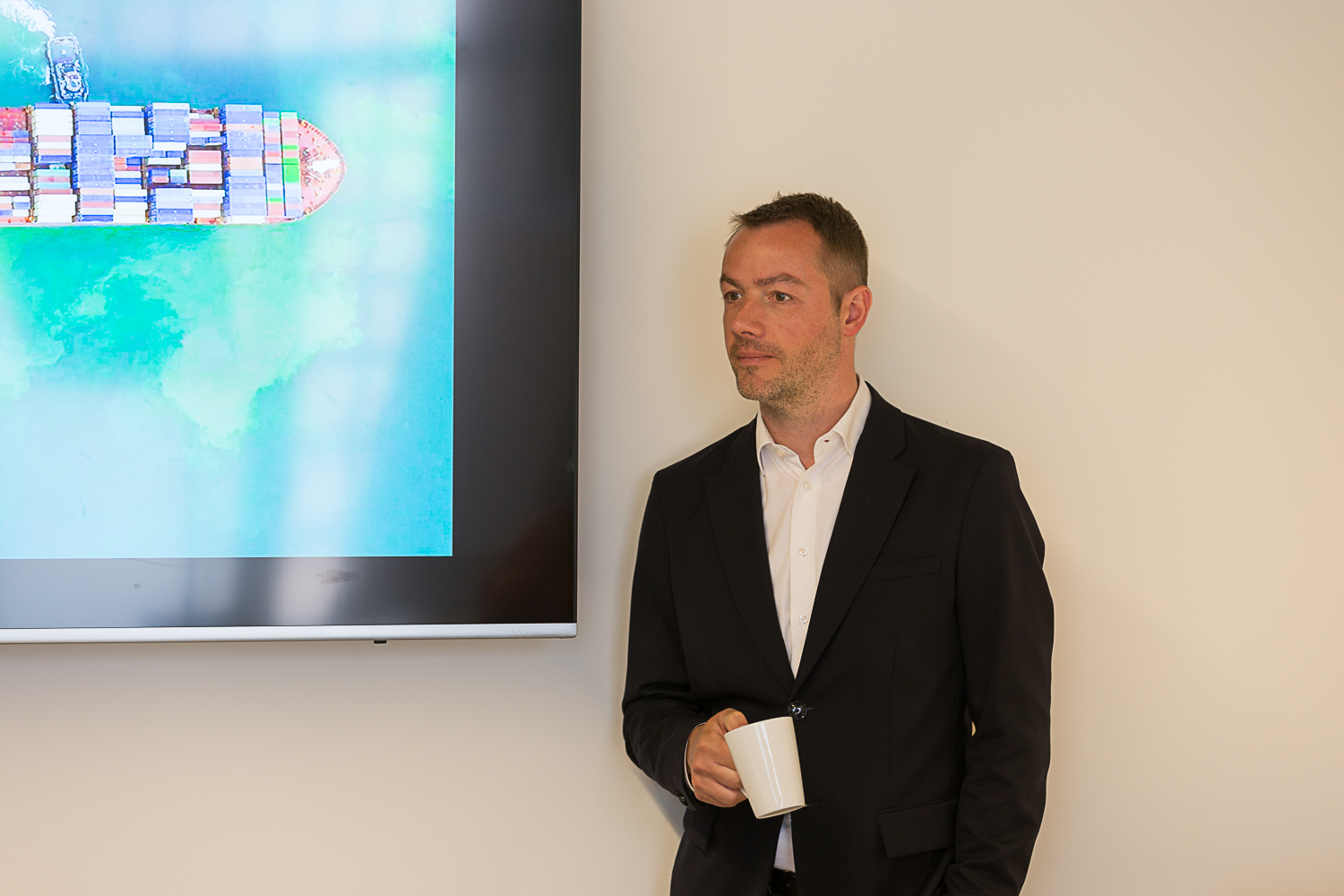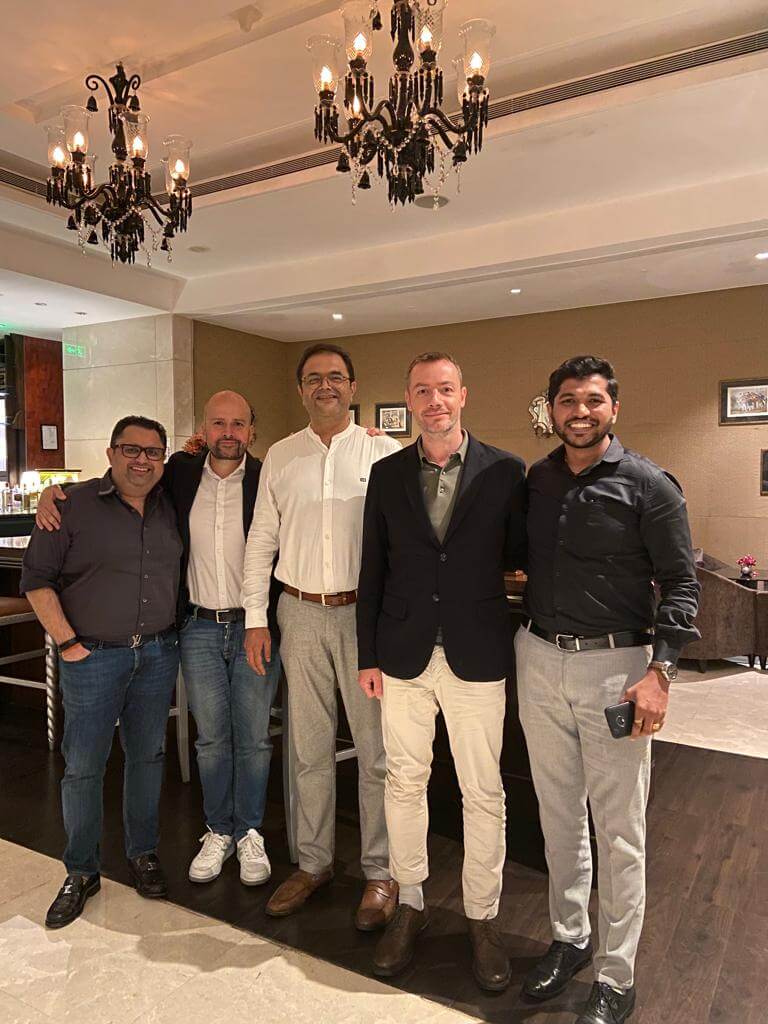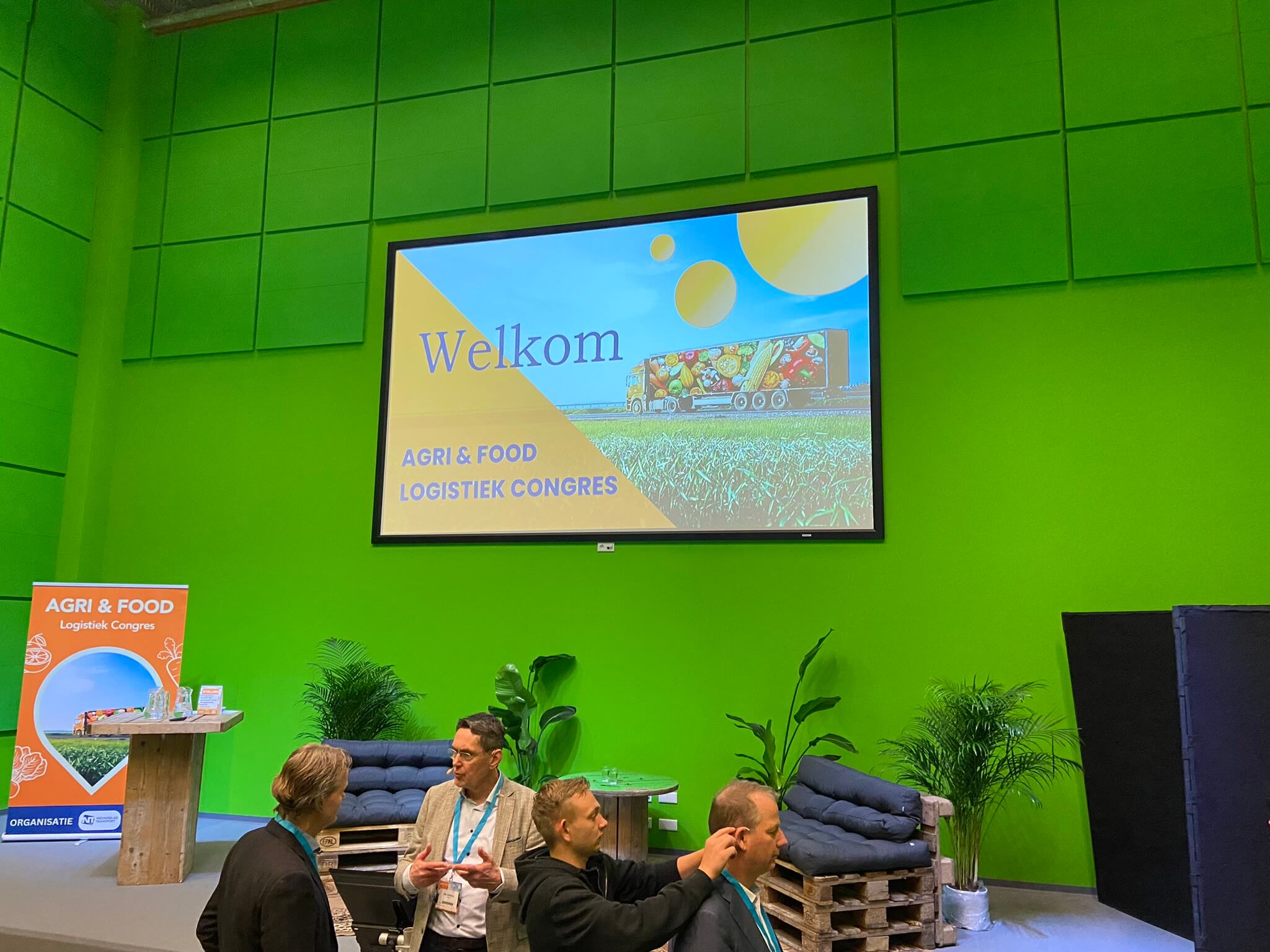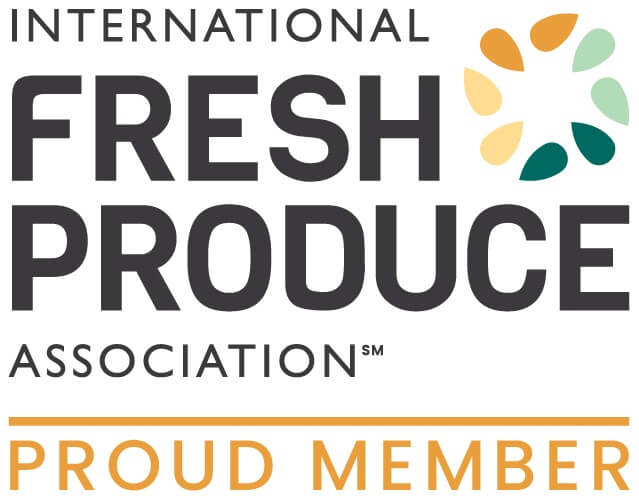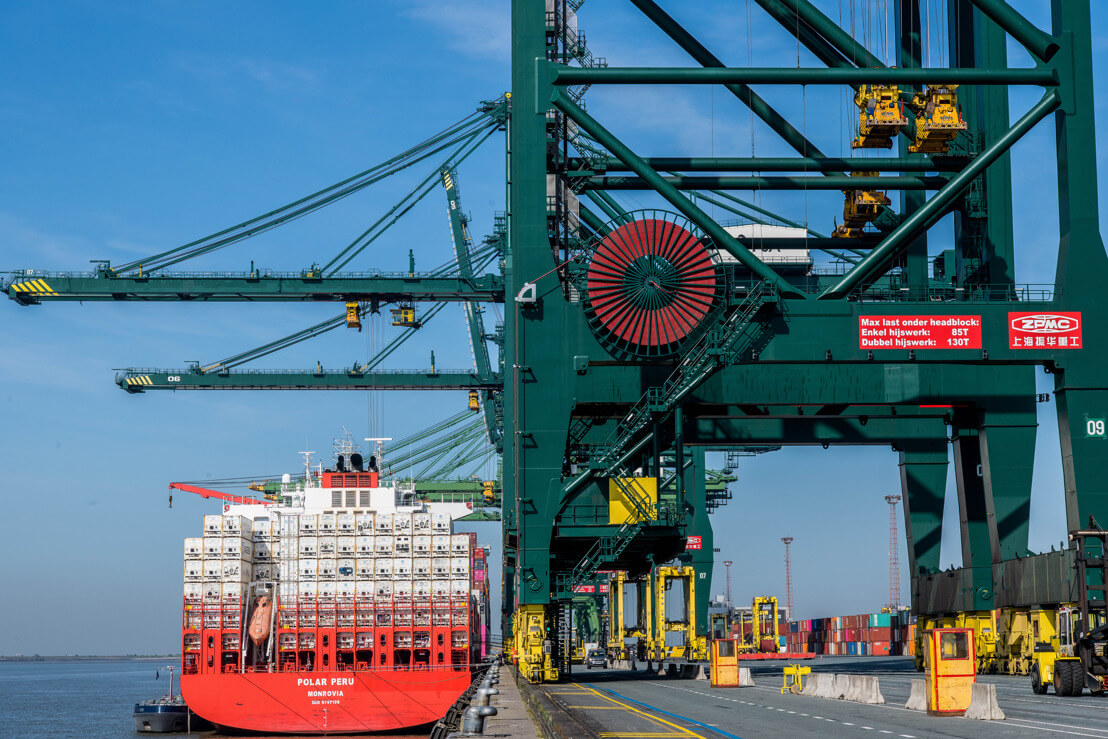
Market outlook
Cool Logistics is the world’s most important perishable logistics congress, bringing the global community of decision-makers, experts, and innovators together. The thirteenth edition took place virtually from 19-21 October 2021. Being a promotor and contributor from its early beginning, Foodcareplus & Lancaster helped steer the agenda of discussions. But this year also one of our directors shared his views and opinions on the virtual congress floor.The epidemic congestion in several hotspots worldwide, particularly in North America and Asia, heavily impacts the perishable logistics industry. It currently takes up to 12 days for ships to drop anchor and unload containers in some places.
It’s not necessarily the reefer box industry itself creating the congestion. Still, as discussed during previous Cool Logistics conferences, the seaborne refrigerated shipping sector heavily depends on the dry container sector. The last eighteen months have proven that. The very high rates for dry cargo are a real danger to containerized reefer cargo, as Michel Looten, director at Seabury, summarized very well in the opening session of the congress.
Most important industry advisors, Drewry and Seabury, took the stage during that session and “visualized” why we feel the industry pains and what we can expect in the months to come:
• Global growth in 2020 held back for obvious pandemic-effect reasons, but the forecast is a rebound with a CAGR of 4.2% up to 2025. In contrast, a higher 5,3% CAGR growth is expected for the containerized volumes because of a modal shift.
• China and the United States mainly drive reefer growth. Take their growth away, and there is no global growth at all.
• Seaborne reefer trade severely disrupted by poor availability despite record reefer container production, availability to remain tight as trade disruption expected to persist throughout 2022 before normalizing. 4.6% growth in reefer container equipment fleet, which is smaller than the demand. The global fleet is inefficient because the containers are clogged inland or on ships at anchor.
• Imbalanced nature of the trade remains with Asia itself already 1.16mio TEU oversupply (read: 90% more reefer boxes landing than re-used for export) while the rest of the world remains short
• 3Q21 freight rates increased by 50% compared to 2Q21 - although very uneven over the different trades, but average rates are expected to continue to rise at a faster pace throughout 2022
Also, the logistics industry stakeholders, including our own Diego Barriga, Director at Lancaster Logistics & Foodcareplus , reconfirmed the dramatic situation: “On top of the chronic truck driver shortage in most areas, the lack of forecasting and visibility is worsening the situation.”
The already chronic equipment shortage, mainly because of reefer equipment underutilization as already illustrated by Bruce Marshall at Maersk Line, has nothing to do with a lack in investments, according to Robert F. Sappio at Seacube. A lot of investments are happening, but the equipment is clogged inland or elsewhere. Diego Barriga, therefore, called out for more port-centric thinking.
